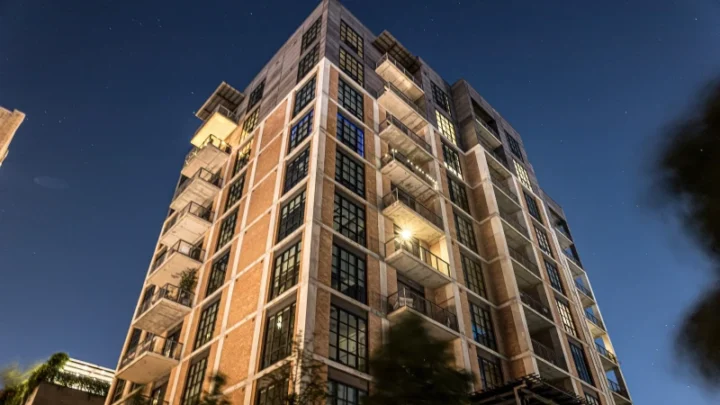Disclosure: This post may contain affiliate links, meaning we get a commission if you decide to make a purchase through our links, at no cost to you. Please read our disclosure for more info.
Insurance is specific to your situation. This is true on two levels: 1) homeowners, renters, condo associations, and landlords all require different insurance and insurers offer these as such, covering their properties in different contexts, and 2) each policy – be it homeowner, rent, etc. – can be personalized further to more realistically represent what it is those customers can afford and need. Due to the complexity of the market, guidance can be needed. Read on for our breakdown.
Homeowners Insurance
Homeowners insurance is designed to protect the structure and contents of the housing you own. In broad strokes, it covers damage to the structure and contents of your home as well as personal liability if someone were to be injured on your property.
This means that if your home were to be damaged without your input, you wouldn’t be left with a massive paycheck trying to repair a damaged home. And it’s not just the odd natural disaster covered. The full list of events covered by homeowners insurance includes theft, tree damage, mold, water damage, smoke, fire, rioting, vandalism, etc. However, these can change depending on where you are and ultimately what your policy says.
Under a homeowners insurance policy, your home’s physical structure, structures on your land like pools, garages, etc. your personal property, loss of use (i.e., covering bills if you need to stay in a hotel while your home is repaired or rebuilt), and personal liability, (like when someone is injured on your property).
Renters Insurance
Renters insurance, as we’re sure you can guess, is for renters. It covers all your possessions should something occur within the house that causes them all damage. It covers all the same problems you might come across in a homeowners insurance policy, including liability protection, a loss of use clause (getting you to a hotel with a daily allowance while your home is getting repaired), and medical protection if someone is injured on the property.
So, it’s essentially the same as homeowners insurance, just missing the coverage for the structure of the building, which is the responsibility of the landlord, which means you get a substantially lower rate to pay.
There is one difference in the liability protection. The policy means that if you break something that belongs to someone else, you’re covered, because accidents happen.
All your furniture, your personal belongings, your mum’s pearls, your expensive drum set, and anything else you have purchased within the home, is covered for all the same perils as a homeowners insurance policy, including vandalism and theft.
Condo Association Insurance
If you are living in a multi-family property, whether it’s a condo, an apartment or a mansion split into apartments, there are going to be shared spaces. And those shared spaces need to be maintained, which is going to take money. Who’s going to put up that money? You? Mrs Wazowski on the first floor with the cat with one eye?
Condo association insurance, or COA insurance, ensures that no one person is responsible for the maintenance of the shared spaces in condos without cause. Every homeowner in the building is paying it, which means it’s on the insurance company when the play park swings are tangled, or the swimming pool needs to be cleaned. All the equipment owned by the Homeowners Association or Condo Association is also covered, so that means things like gym equipment and security measures are covered by the policy. It also covers liability, so if someone were to get in trouble in the pool, the medical bills and legal bills will be sent to the insurance provider. A shared space means that something inevitably is going to happen eventually, so it’s best to be prepared.
If you are the landlord, it’s important that you pay the condo association insurance due to the fact that if renters don’t, you’re the one who will be in trouble should something need to be paid for.
Landlord Insurance
Landlord insurance covers a lot of elements of running a home with a renter in it, including Landlord Property Protection, which covers repairs to the building, and Landlord Liability Protection which covers you if you are found legally responsible for an injury on the property. However, it won’t cover all the contents of the home, unless you have provided the furniture, carpets, curtains, white appliances, etc. and it is reflected in the insurance policy. As mentioned above, your renter will have to get renters insurance to cover their own personal property.

